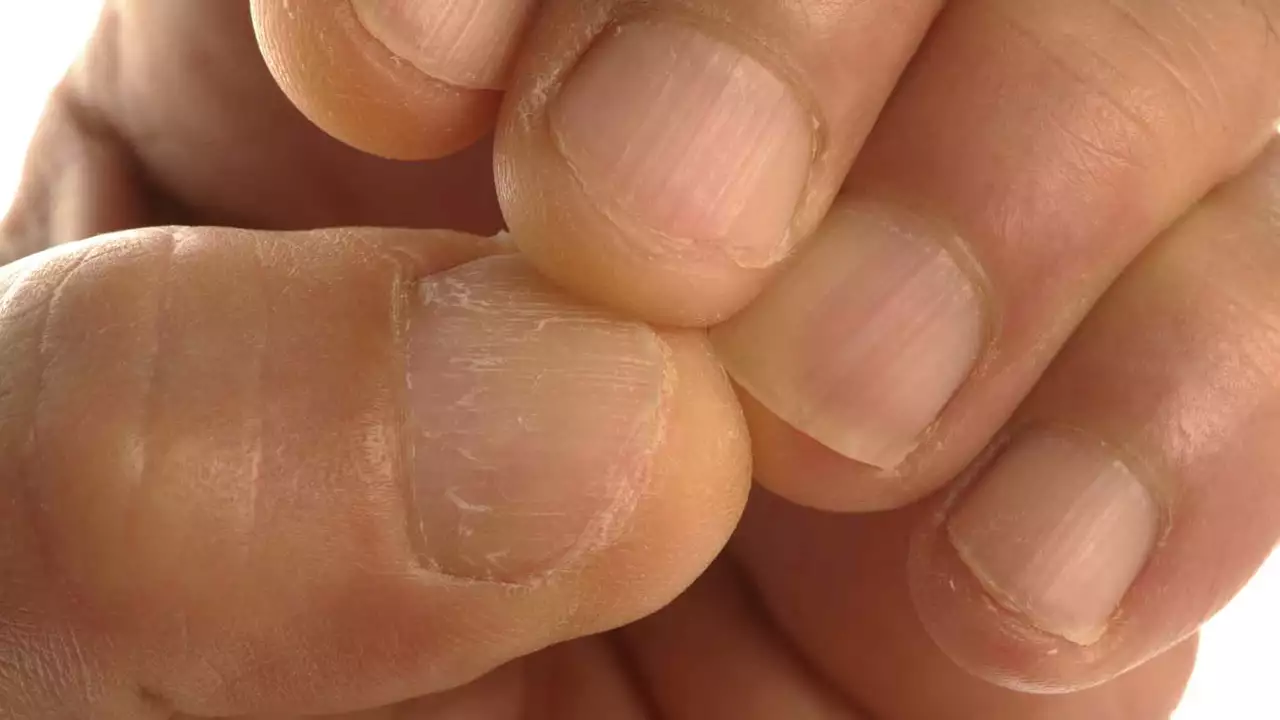Vitamin deficiency: signs, tests and simple fixes
Feeling tired, shaky, or foggy? Those vague symptoms can come from a common vitamin deficiency. This page helps you spot likely problems, explains simple tests doctors use, and offers practical food and supplement ideas you can try or discuss with your clinician.
Signs and common types
Different vitamins produce different symptoms. Low vitamin D often brings bone or muscle aches, tiredness, and more colds. Vitamin B12 deficiency can cause fatigue, numbness, balance issues, and memory trouble. Iron deficiency usually shows as extreme tiredness, shortness of breath, pale skin, or brittle nails. Low folate may cause fatigue and trouble concentrating, while vitamin C shortfalls cause slow wound healing and easy bruising. If you have several of these signs, think about testing.
Some people are at higher risk: older adults, vegetarians and vegans (B12 risk), people with limited sun exposure or darker skin (vitamin D risk), those on strict diets, and people with digestive conditions that affect absorption, like celiac disease or Crohn’s. Pregnant people often need more folate and iron. If you fall into one of these groups, a quick check is reasonable.
Testing and practical fixes
Tests are straightforward. For vitamin D, labs measure 25(OH)D. For B12, doctors check serum B12 and sometimes methylmalonic acid if results are unclear. Iron checks include CBC, ferritin, and transferrin saturation. Folate and vitamin C have specific blood tests. Bring a list of symptoms and current meds to your appointment—some drugs change vitamin levels.
Food first: for vitamin D, include oily fish, fortified milk, and eggs, and try short daily sun exposure when safe. For B12, eat more meat, fish, eggs, or fortified plant foods; vegans often need a reliable supplement. Iron-rich foods include lean red meat, lentils, beans, and spinach—eat them with vitamin C sources like oranges or peppers to boost absorption. Folate comes from leafy greens, beans, and fortified grains. Vitamin C is abundant in citrus, strawberries, and bell peppers.
Supplements can help, but use them smartly. A daily vitamin D supplement of 800–2000 IU is common for prevention; some people need higher doses under medical supervision. Many doctors recommend 1000 mcg B12 or a weekly prescription dose for clear deficiency, especially for vegans or people with absorption issues. Iron supplements help when ferritin is low, but they can upset the stomach and should be guided by blood tests. Don’t guess—take supplements based on test results or a doctor’s advice.
When to see your doctor now: if you have severe fatigue, new numbness, easy bruising, unexplained weight loss, or symptoms that worsen. Quick testing and targeted treatment can stop problems from getting worse. Small diet changes and the right tests often fix things fast.
- Colin Hurd
- Aug, 1 2023
- 8 Comments
The hidden signs of vitamin deficiency in your nails, skin, and hair
Hey there, health enthusiasts! You'll be amazed to know that your nails, skin, and hair are like a health report card, revealing hidden signs of vitamin deficiency. Your nails going all brittle or showing white spots could be a shout-out for more biotin or zinc in your diet! And if your hair's losing its usual luster or your skin's feeling drier than the Sahara Desert, it might be your body's funny way of asking for more vitamin A or E. So, next time you see these signs, don't just brush them off, they might be your body's SOS for vitamins!

